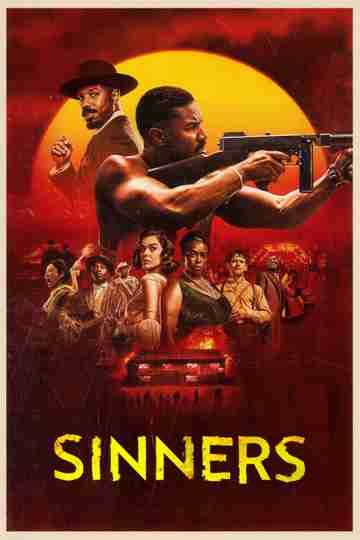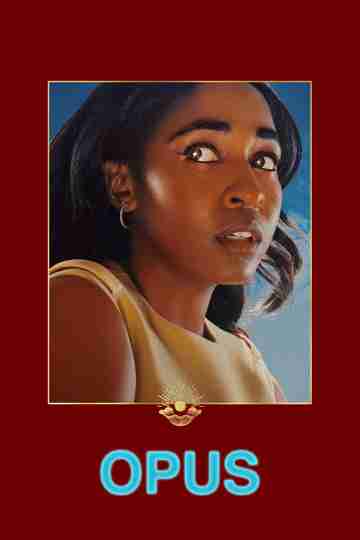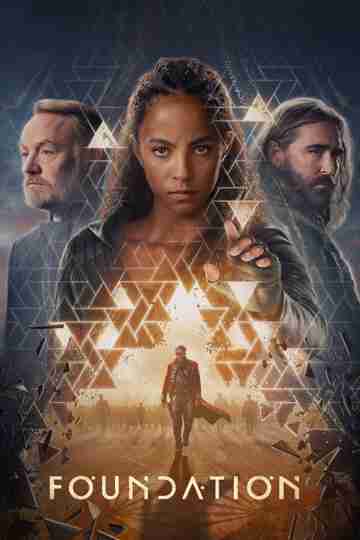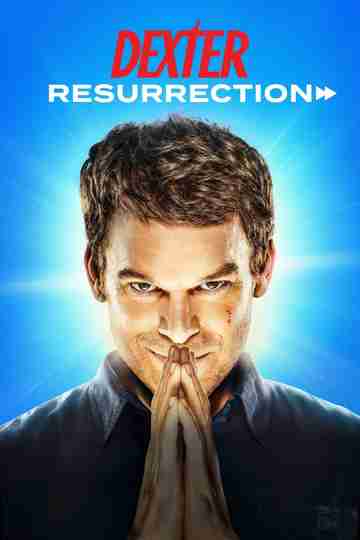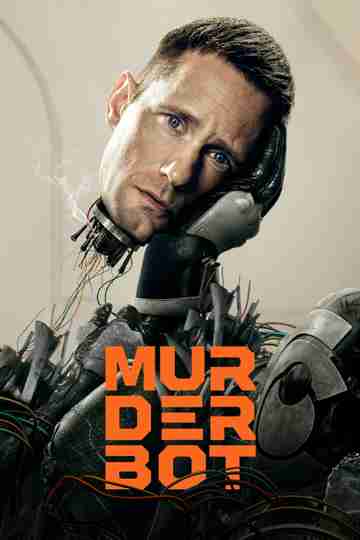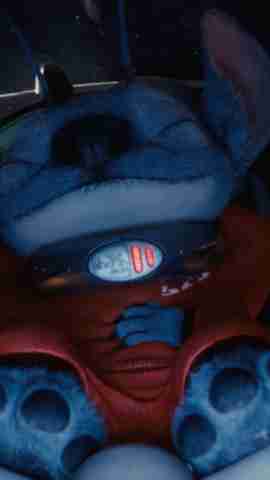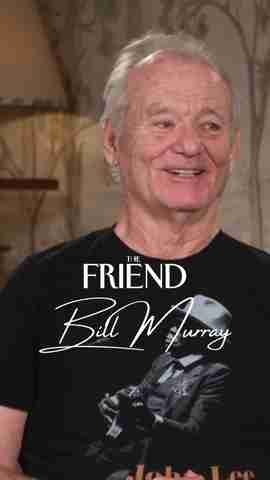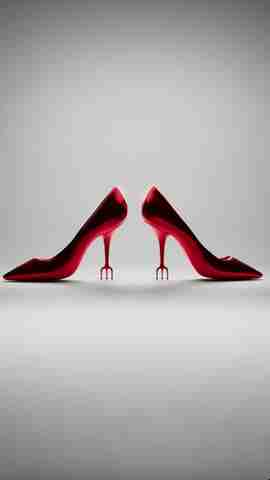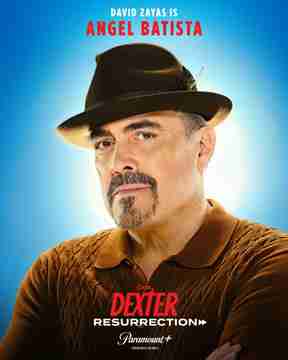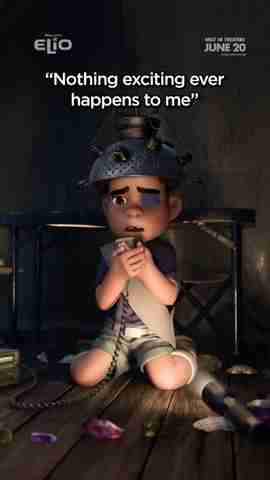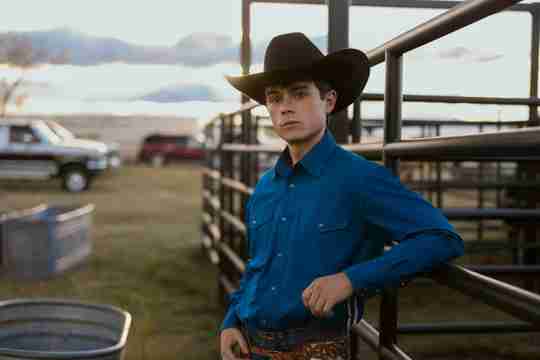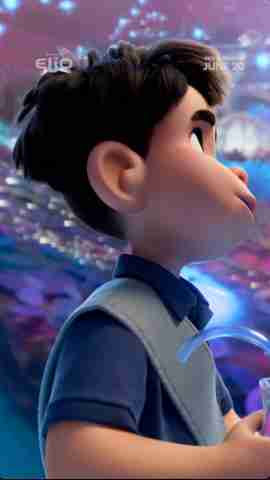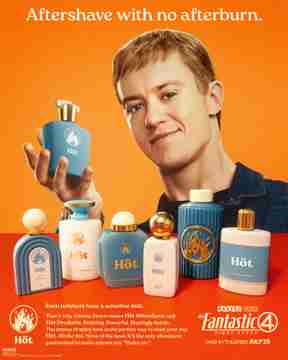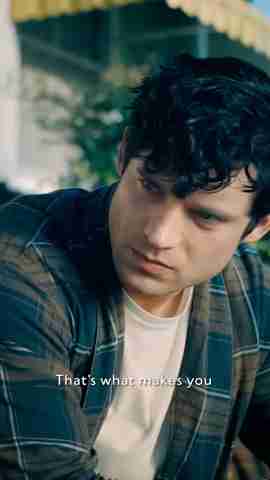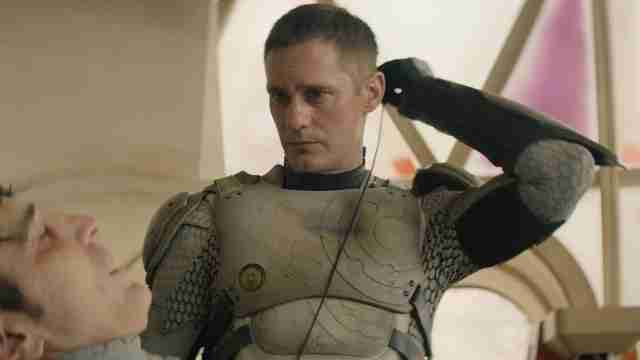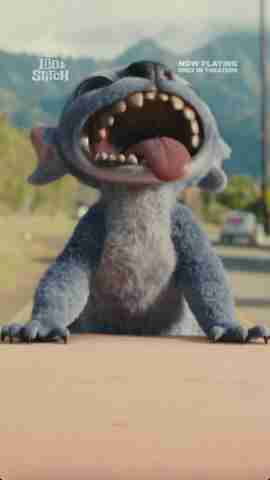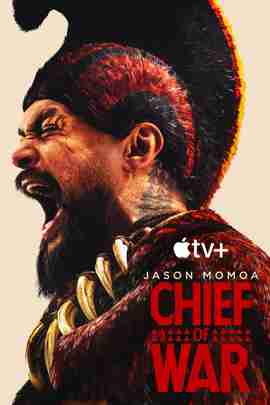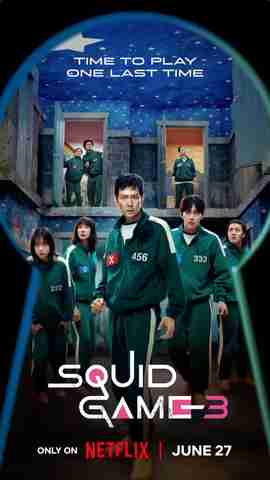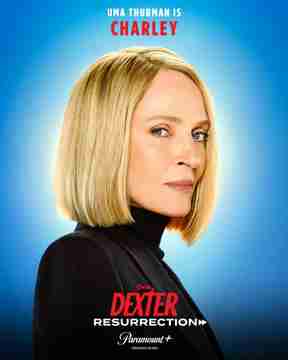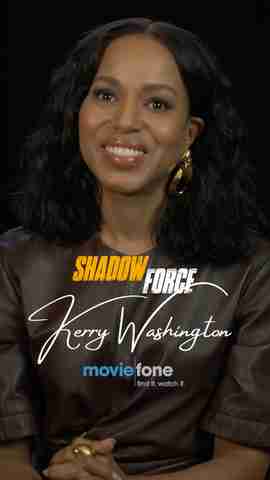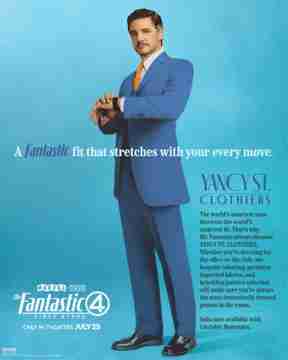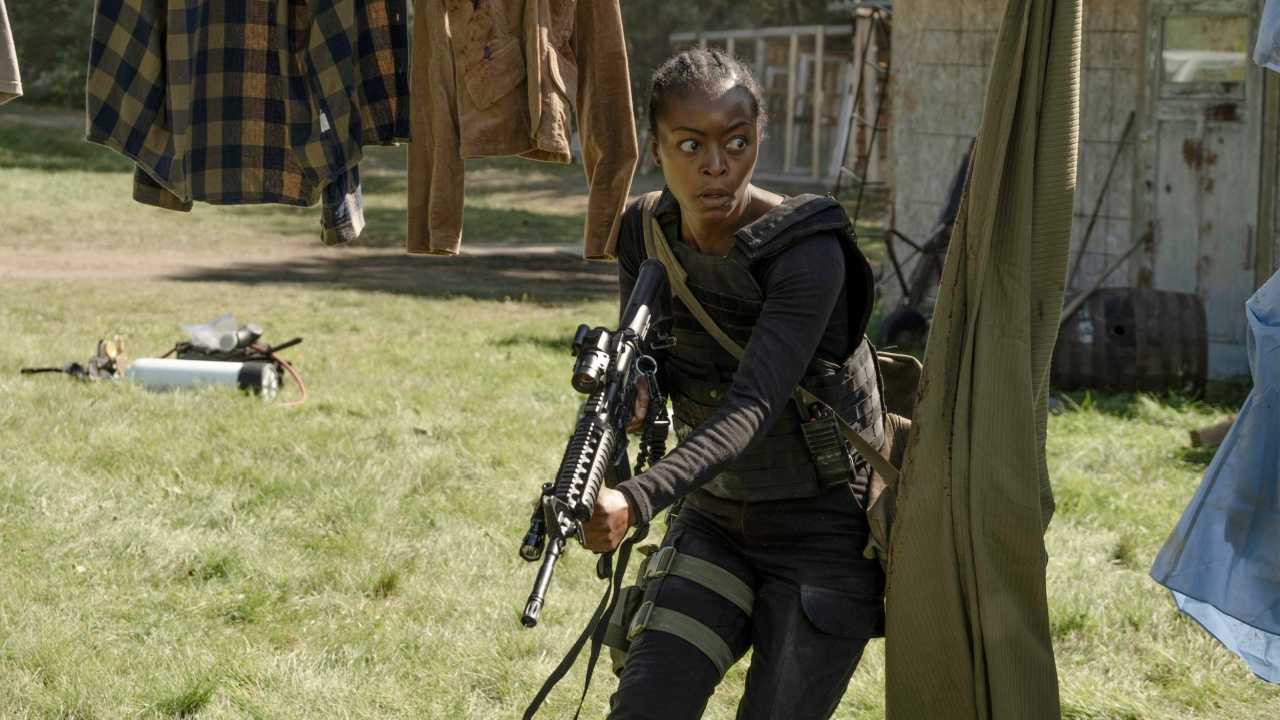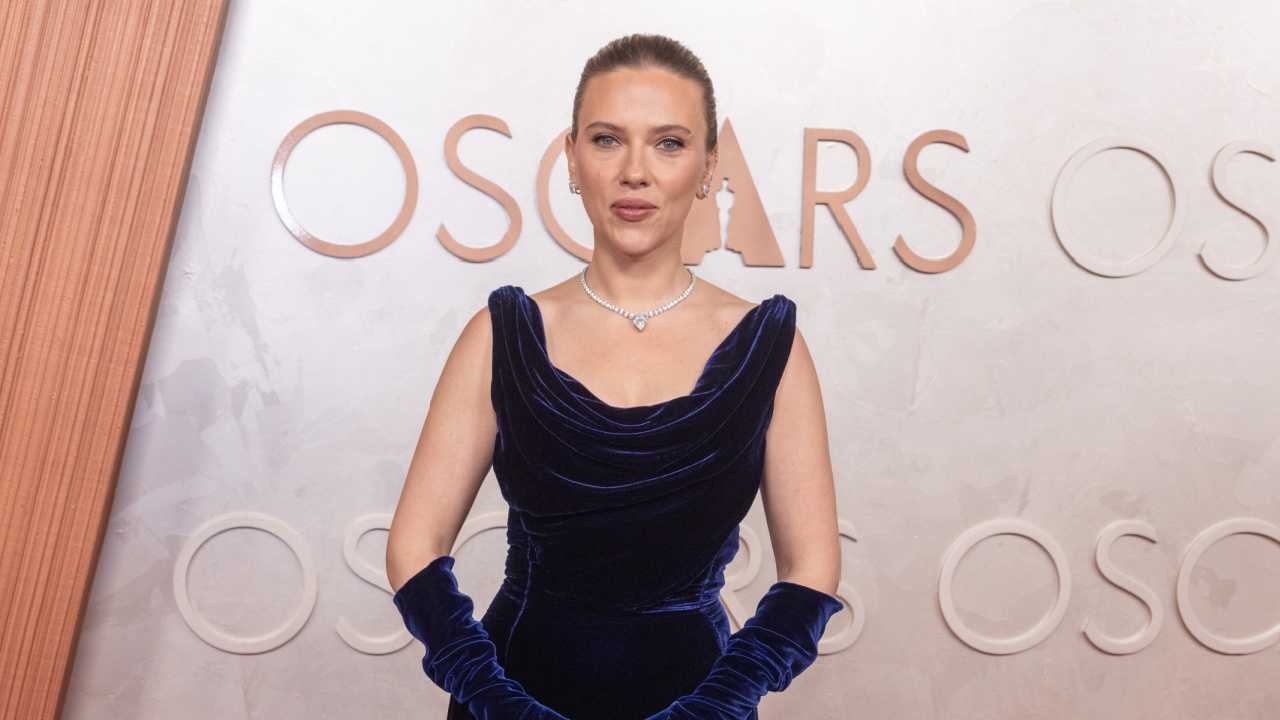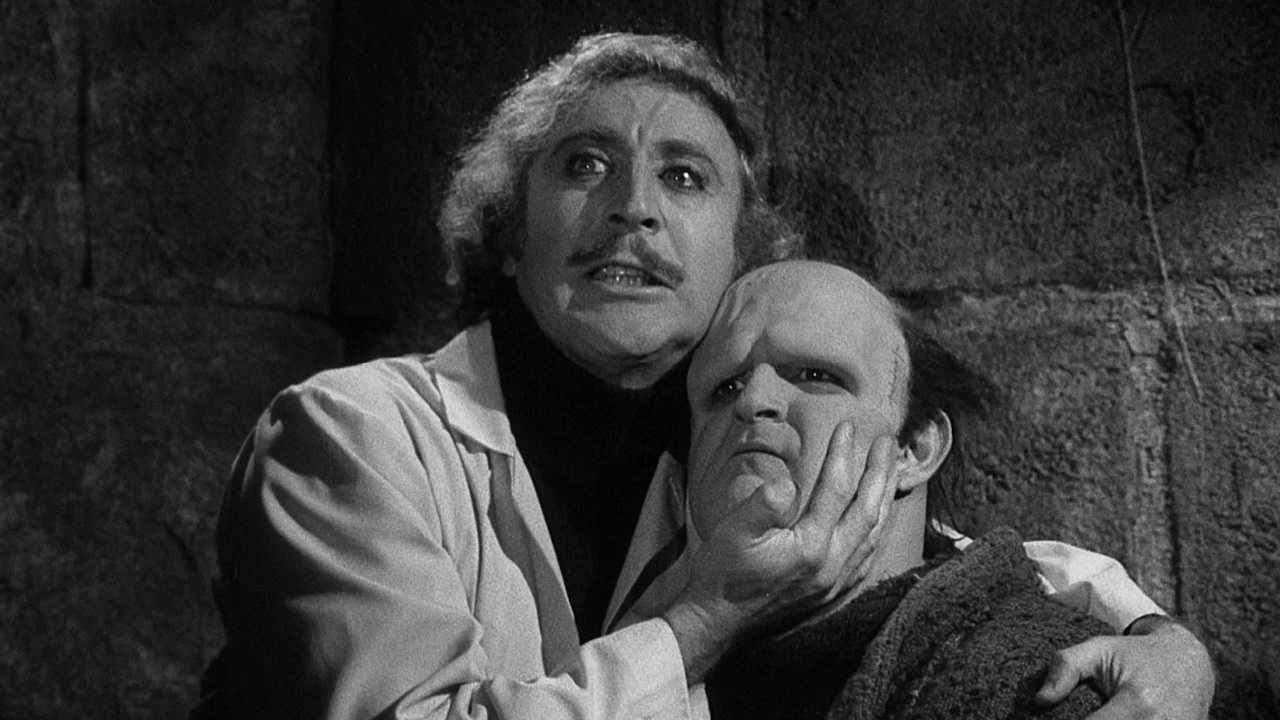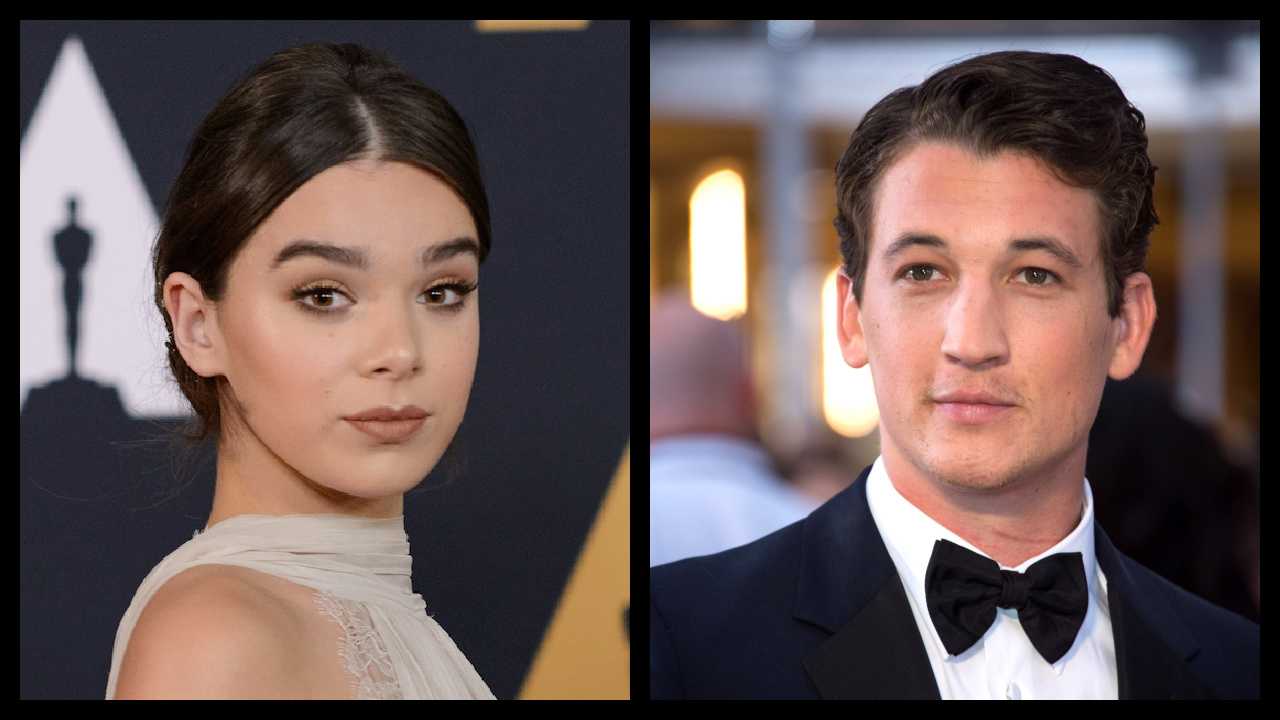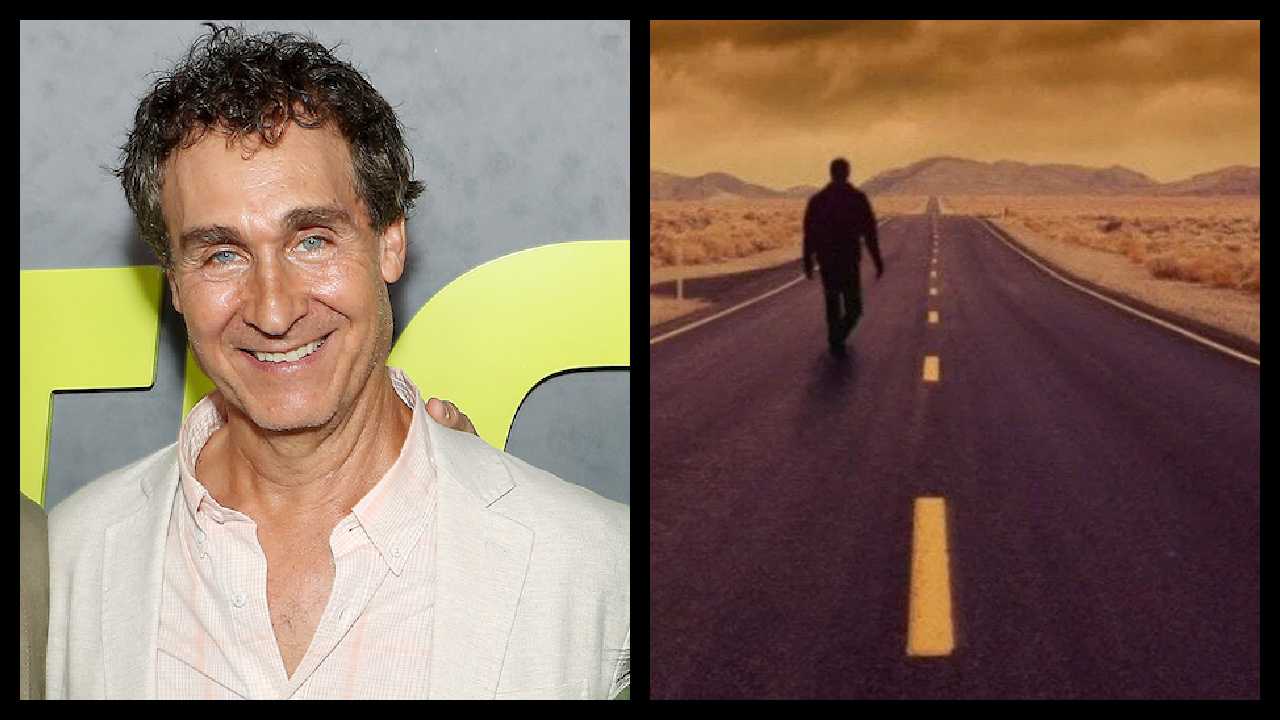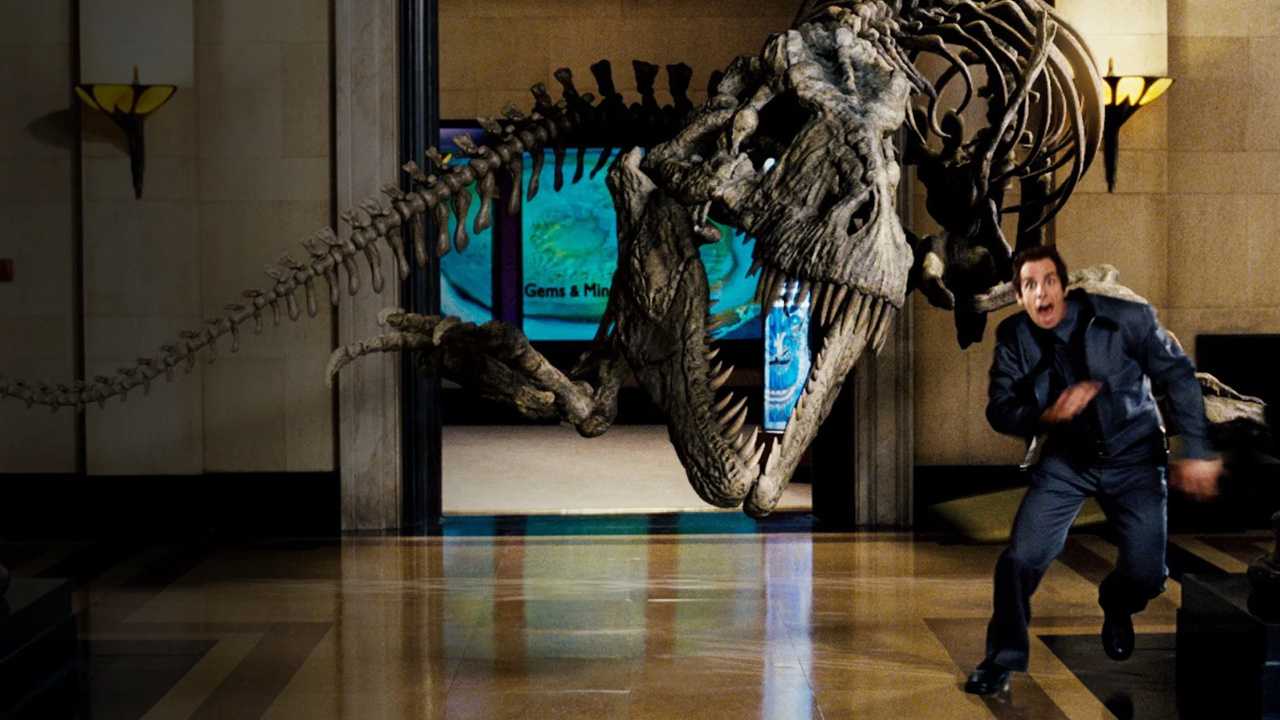Armie Hammer’s Aunt Casey Hammer Talks New Discovery+ Series
Moviefone speaks with Armie Hammer’s Aunt, Casey Hammer about 'House of Hammer.’ "Armie got careless and started this downfall and implosion on his own."
Premiering on Discovery+ beginning September 2nd is the new three-part documentary series ‘House of Hammer,’ which was directed by Elli Hakami and Julian P. Hobbs.
The series revolves around the life of disgraced American actor Armie Hammer and the alleged crimes of his famous wealthy family. In 2021 the actor was accused of sexual abuse and cannibalistic fetishism by several of his ex-girlfriends, which has derailed his successful career, marriage, and overall life.
Hammer’s Aunt, Casey Hammer, serves as a consultant on the project and is also interviewed in the series.
Moviefone recently had the pleasure of speaking with Casey Hammer about ‘House of Hammer,’ how she got involved in the project, the shocking truth about her powerful family, and her nephew’s public downfall.
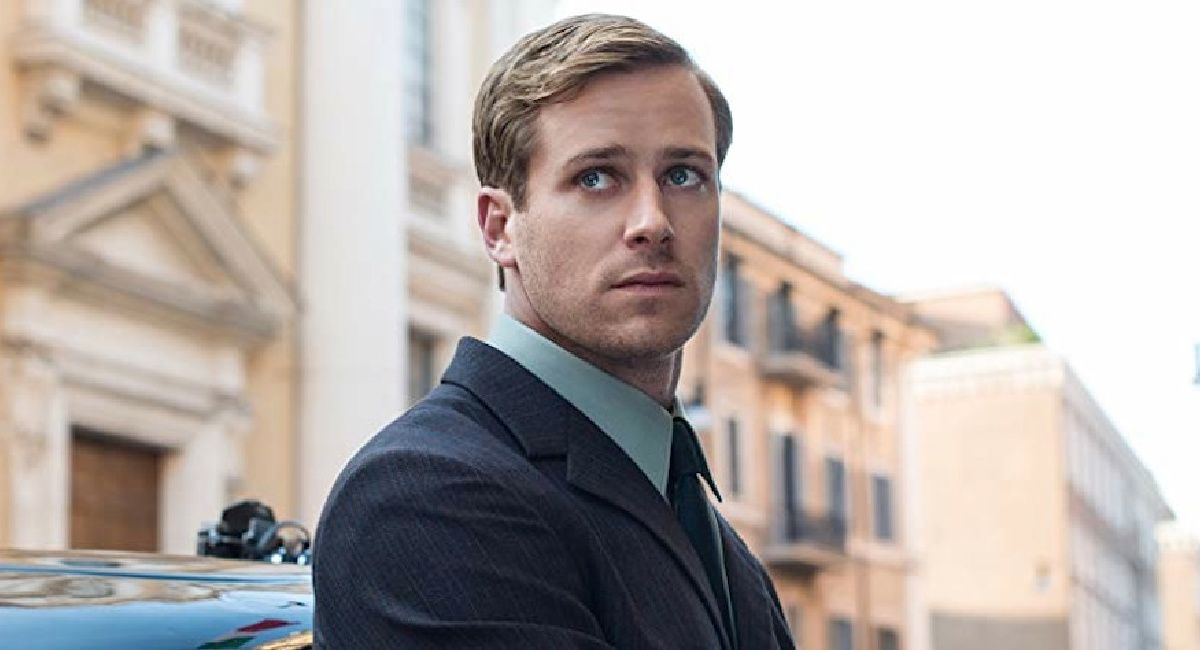
Armie Hammer in 2015's 'The Man from U.N.C.L.E.'
You can read the full interview below or click on the video player above to watch our interview with Casey Hammer about ‘House of Hammer.’
Moviefone: To begin with, how were you approached to be part of this documentary series?
Casey Hammer: So, how this all kind of happened was about eight years ago I wrote an autobiography called “Surviving My Birthright,” and I self-published it. It was more of a healing journal for me and to make sense of how I grew up in the process, and that it wasn't okay. When I received the first copy, I was holding it, and it’s like I manifested it, my story is real. “I'm validated, right?” Every now and then someone might find it, because again it was self-published on Amazon.
Then fast forward last year, I'm working as a kitchen designer at Home Depot in San Diego and one of my coworkers are like, “Casey you better get on TikTok, someone by the name of “The Zen Blonde” is blowing up your life.” I was like, “What?” I'm social media challenged anyway. So, we get online and I watch Lauren Skae read my book and in two hours I went from 500 followers to 5,000. I saw the power of social media and I was like, “What is happening?”
All of a sudden everything was out of control. I didn't choose to put any of that out there or want to come forward, and it was like being on a death drop of a rollercoaster. In that moment, I really believe the universe said to me, “Casey, you have an opportunity.” As Armie was imploding, I was getting calls from the media once they found out he had an aunt, and they wanted a sound bite.
I didn't want to participate in his implosion. It was like, how can I turn this into something positive? So, it was to be an advocate for victims and survivors, and that's kind of how that happened. Then the producers reached out to me and said, “We read your book, and we want to tell your story.” I thought, this is how it continues.
It's through my eyes. In a sense of you may tune in to watch it because of Armie or the entertainment value, but by the time you finish watching three hours of my family, you are going to be incensed and furious. You're going to see multi-generational abuse and how none of them have ever been held accountable. It's a pattern. You don't just wake up one day and become a monster, it's a learned behavior.
But again, I had no idea that the victims were going to come forward and speak, or that other people would corroborate my story. I take my hat off to them because they're doing real time. I lived with this for 62 years, but the victims are probably being attacked on social media. I know how harsh that can be. So again, for them to bravely speak, it just means the world to me and hopefully helps other people come forward.
MF: Since the subject of the series is your own family, was there ever any hesitancy on your part to be involved with this project?
CH: Absolutely. I think that when you're on the right path, again, I have self-medicated my whole life, and it's only been the last year and a half that I have not. So, I'm sitting with emotions and triggers, and trying to figure out my life. I think when you're on your path, it happens very quickly.
It doesn't give you time to process and be like, is this a good idea or not? It's kind of like, okay, check in with your gut. This feels good, I'm helping people, and you keep going. You don't have time to necessarily stop and say, “Wow, was that the right choice?” I try not to live with regrets. So, I try and choose in the moment. And again, with me, you make a choice, and if you don't like the way it feels or what it's doing, you can choose something else.
So, it's all new. Like I said, I didn't go looking for it. I just know that my family is very powerful, and still has a lot of money and fame behind them. The way I grew up, when you walked out the front door, you were camera ready. You lived a perfect life. You were controlled by my grandfather who controlled the narrative, and you didn't mess up or you were punished and threatened of being disowned or abused.
There’re all kinds of things that I detail a lot more in my book that we didn't have time to go into because we only had three hours. But it's pretty horrific to know that the men get away with this and continue to get away with it.
MF: Can you talk about the behavior you noticed growing up from the men in your family? Was their disrespectful treatment of women something that was taught to each new generation of male heirs, or rather just witnessed behavior that they eventually learned?
CH: I mean, again, my mom left my father, and my father was an only child. When my mom left my father, my grandfather destroyed her in court. So, at a very early age, I saw what he was capable of doing. So, you lived in fear. I know that I was put in a lot of situations that as a child I shouldn't be. I mean in ‘House of Hammer’ you see I'm 11 years old holding a phone book while my father shot at it (with a gun) in front of people. It's like I was a party trick.
But again, I kept going back thinking that my father loved me, that my mom loved me, and that all of this is normal and what normal families do. Without social media, you can't Google, “What do wealthy families act like?” You just kind of existed. It wasn't like I could go to the neighbors and ask if that was normal, because if my grandfather caught wind that I was asking, misbehaving or talking, I was in big trouble.
So again, you're groomed in a way because that's your reality, that's your normal. I mean people watch the docuseries and they're like, “Oh my God. That's so horrifying.” But to me it was like, that's how I grew up.
Growing up and being an adult woman, you don't think anything's wrong until people start pointing things out and you kind of go, “Well maybe I guess that is true.” But that's because other people are talking. So, it makes me see part of my story in someone else, and hopefully that's what I'm doing, if that makes sense.
MF: According to the series, because your family was so powerful and wealthy, you felt that you were unable to report the crimes you witnessed growing up because they would just be able to pay off the authorities and cover it up. Can you talk about how you dealt with that at such a young age?
CH: Again, as you saw in the docuseries, my father murdered someone, and my grandfather bought him off as self-defense. My mother told me, "I was standing right there.” My father just pulled out a gun and shot the guy, it was like no self-defense! So, I saw murders covered up and I think the power is in the fact. It’s not necessarily that they committed the crime, but they got away with it and covered it up very publicly.
So, my grandfather believed that everyone had a price, and he blackmailed everybody. It’s not that you have this helpless feeling, but again, women were disposable in my family. So, I was told be pretty, don't say anything that'll embarrass us, and you'll be taken care of the rest of your life. I was never taken seriously. No matter how smart or successful I was, it didn't matter. But you try to get their attention because you want to be validated.
Even as an adult now, I find myself again with the docuseries, and yes, I participated in it, but when I finally sat down to watch it, I got triggered. It's horrific because that's my life. Again, they only had three hours, there's a lot more that can be told.
MF: As you just mentioned, you were told growing up, “Don't say anything that'll embarrass us, and you'll be taken care of the rest of your life.” But you endured so much mental and physical abuse from your own family, how is that “taking care of you?”
CH: Again, it's growing up with threats, and you see in the last episode what I'm up against. I refuse to live in fear because then I'm giving my power away, and that's something that I won't do ever again. It stops now, and I want to feel empowered that I take back my own life and my healing.
And if something happens, we've got a docuseries out there now. They shined a light on it. I used to make jokes that if something ever happens to me, look at my family first. But now it's crazy because it's a reality.
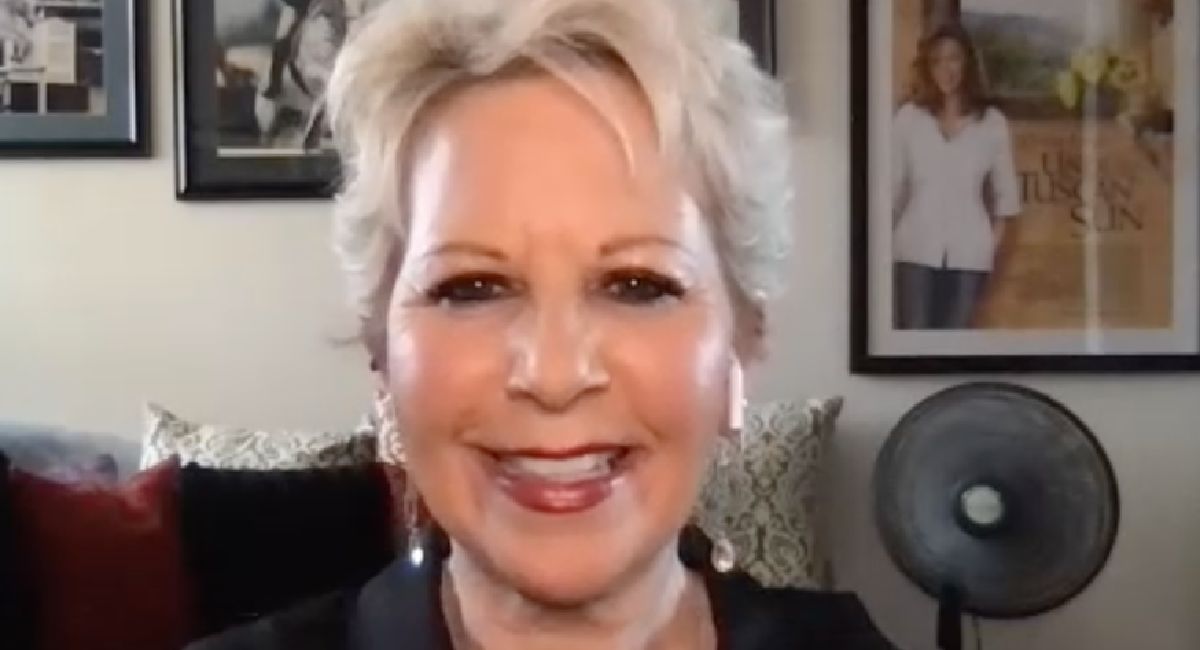
Casey Hammer appears in Discovery+'s documentary series 'House of Hammer.'
MF: We live in such a fractured world now, and with social media, anybody can threaten or bully anyone else very easily. Did you have any concerns making this series that you would be harassed, not just by your family members for telling the truth, but by online trolls as well?
CH: Again, my conversations are basically based on my experiences growing up. I knew Armie as a child up until about 15 years ago when my mom passed away. We were all still held together by her, the “fake family.” We pretended to all love each other and hangout kind of like ‘Succession,’ but a million times worse. We all spent a week together with her as she was dying, and then afterwards everyone went their separate ways. It was just, so this is the way it's going to be, and you kind of make peace with that.
So, I don't care to have conversations with any of them. It's one of those things where I'm just going to continue to live my life and to speak my truth, and hopefully, by bringing awareness, people will still talk about it, and they'll shine a light on consent, accountability, and advocacy for victims and survivors. I hope to continue talking about it or write another book to just keep saying, “There's a problem.”
Because again with the MeToo movement, it shined a light on businesses, so people can't necessarily get away with things in the work environment anymore. But there has to be a MeToo for the home also. Just because your parents give birth to you and you think they love you, it doesn't mean that it's true, right?
MF: The series is not a tabloid show about a disgraced movie star, but rather seems to use Armie’s story as a vehicle to empower women to be strong in the face of abuse. Can you talk about that?
CH: I didn't look for this. I mean Armie got careless and he started this downfall and implosion all on his own. But because that happened, it shined a light on my family. I mean there was a documentary about their fraudulent art last year on Netflix. I mean there's been stories, but people are choosing not to listen to them because again, the men in my family, they enter a room and they're like politicians. Everyone loves them, they're charming.
So, when they look at someone like me and say, “Well you fell out of graces with the family, you must have done something wrong.” They don't know the real story. So, a lot of my friends are like, “I had no idea that you went through all that.” I was like, “I've been saying that, but no one listened.” So again, it's one of those moments where I didn't choose this and for whatever reason, the universe had chosen it for me and wanted to see what I would do with it.
MF: How much input did you have with the producers to decide what was actually going to be included in the three-hour series?
CH: None. I basically was just like the other people that contributed in a sense, where I just talked on camera about my experiences. I gave them access to the photos and videos that were in my storage unit, just so that they could get a history. There were a couple authors that had worked with my grandfather and wrote books about my grandfather that came forward and were happy to share their situations.
Then again, with my father, there was a lot of information that I could pass on to the producers. I really believe that out of all the people that I was approached by, they would take care of my story because they wanted to go through my book and talk about my version, my story, and my feelings. They really did take care of it. I'm so proud of ‘House of Hammer.’ I watch it as a person, and I'm like, wow. But when I watch it as a family member, I get triggered because it is hard. It's one of those strange things.
It's like Space Mountain at Disneyland, where you go one way seven or eight turns and then all of a sudden, the last one is a different way and you're like, “Oh my God.” You're laughing hysterically and crying because it was so much fun. I'm just saying that's how I feel right now. Kind of out of control, in the dark, fun, and wild. If any of that makes sense?
MF: Through the course of making this series, did the directors discover anything about your family that came as a surprise to even you?
CH: Yeah, or that I had forgotten about. Because again, it was my twenties and thirties where I was pretty much medicated a lot. Then the fact that the authors came forward, and some of the family friends that were in it as well. Again, it wasn't like we all talked about it back then or continue to talk about it, but when it's on camera in your face, you’re like, “I didn't know that.”
I knew my grandfather was powerful. I knew that when I asked him why he didn't want to be president and he said, “There wasn't enough power in it.” But hearing President Kennedy's voice on the series, I mean there were things that just take you back a bit. Because again, my grandfather always controlled the narrative. So, we knew the fairytale version of what he wanted to portray out in the public.
MF: Finally, speculating about your nephew’s acting career moving forward, do you think he has a road to redemption in Hollywood, or in your opinion, is he done being a movie star?
CH: My experience growing up was that my father was in and out of mental institutions, and he was in and out of rehab per my grandfather. So, my father never got well. Until the person holds himself accountable and makes amends with the survivors, the victims, and the people they've wronged and choose to get well or healed, it's not going to happen. It's not going to work.
So, for me, I have the image that just reminds me that here we are with another Hammer man in the press messing up, and the only difference is my grandfather's not here to cover it up or buy his way out. But again, the Hammers feel that they're basically not accountable for anything, like they're above it all. That's what money, power and fame does to people. As you see, it's multi-generational, so it's a learned behavior and an expectancy.
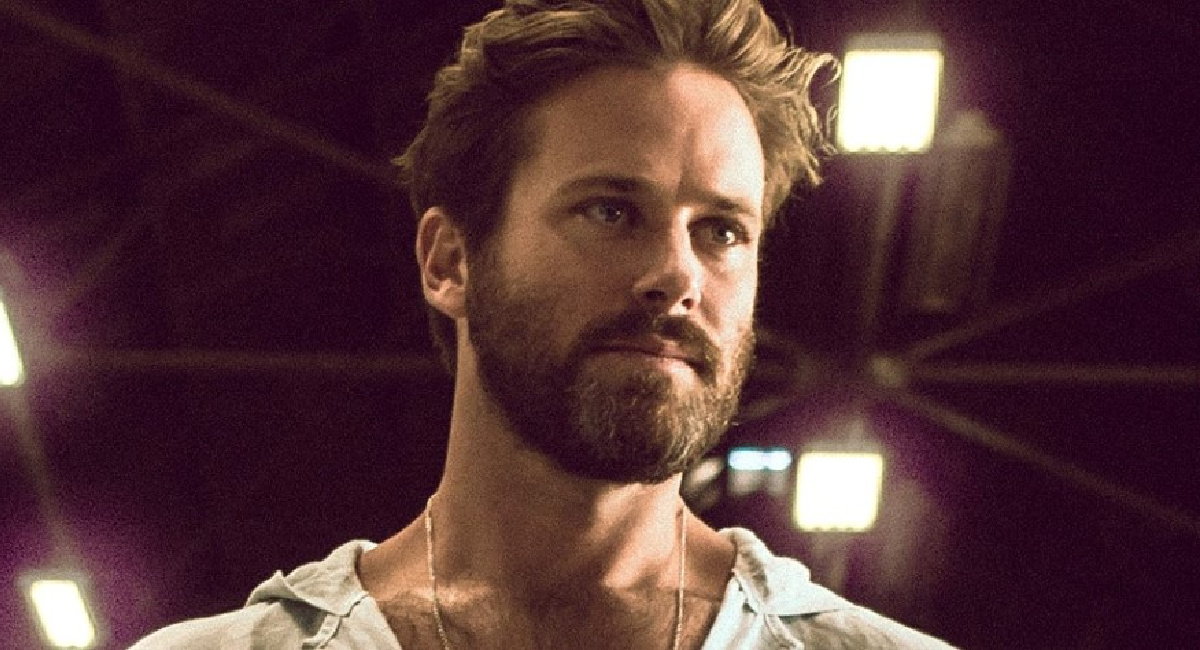
Armie Hammer in 2018's 'Sorry to Bother You.'

